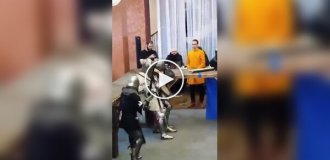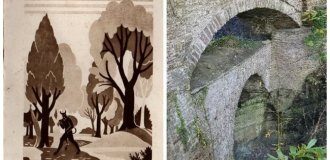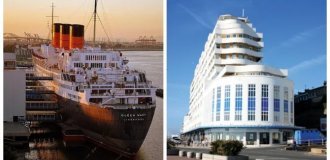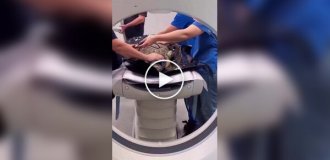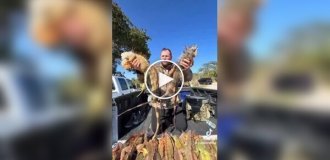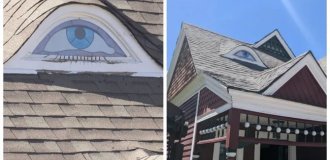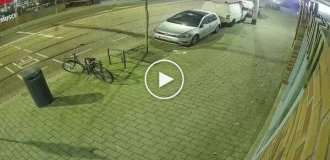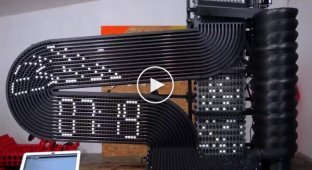City by the sea, named after the coffins (5 photos)
The name of the city of Larnaca is well known to all tourists who love holidays in Cyprus (the country's largest airport is located there). However, not all know that the name is akin to, as if our city was called Coffin. 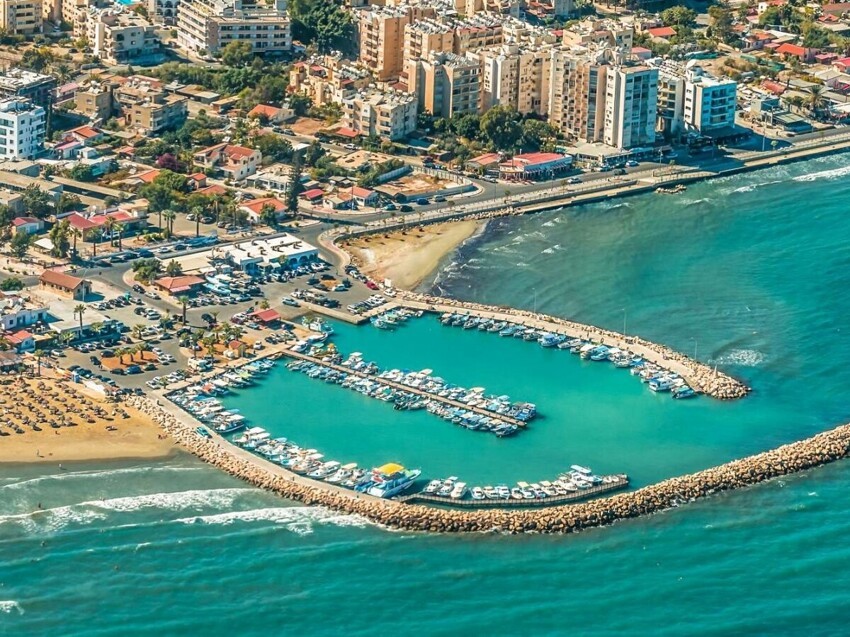
View of the city of Larnaca, Cyprus
This is how the word can be translated from Greek larnax - although they usually correctly write that we are talking about the type of antique sarcophagi and burial urns.
A port city on the Mediterranean coast, apparently got its current name at the end of the 16th century, after the capture of the island Turks - it is believed that due to the large number of ancient sarcophagi. But there is also a version that the name was given by the Venetians, whom the Turks recaptured the island. In this case, the reason may have been that it was here that the church of St. Lazarus was built - above his tomb.
Until the 16th century, the city was called quite differently - in honor of salt lakes that are located here, and even earlier history takes us to the Bible. But let's try it in order. 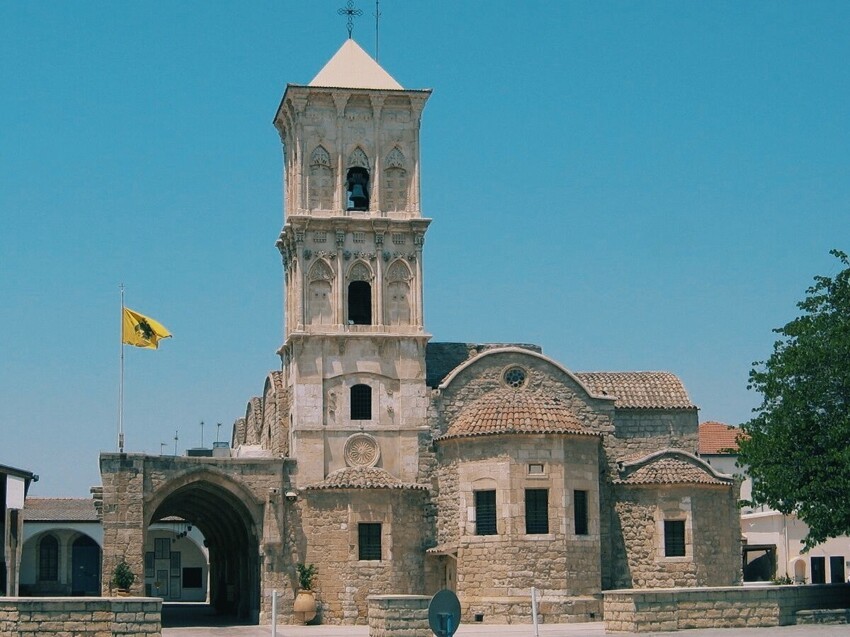
Church of Saint Lazarus in Larnaca
The city was originally called Kition, and it was founded, according to legend, the grandson of Noah named Kittim. The same church of St. Lazar is under the jurisdiction of the Cypriot Orthodox Metropolis of Kitia churches - that is, the very first name of the city was also not forgotten. Lazarus, resurrected by Jesus, was the first bishop of Kition (generally it was a city-state) - and after the second death here and buried.
True, his relics, by decree of Emperor Leo VI, were transferred to Constantinople - back in 898. And the transfer date then became church holiday.
Although it is believed that, in fact, then they transferred only part of the relics, something remained for the Cypriots. And part of the relics of Lazarus is already from Constantinople was then sent to France, where in honor of this built the Cathedral of St. Lazarus and also celebrate this fact. 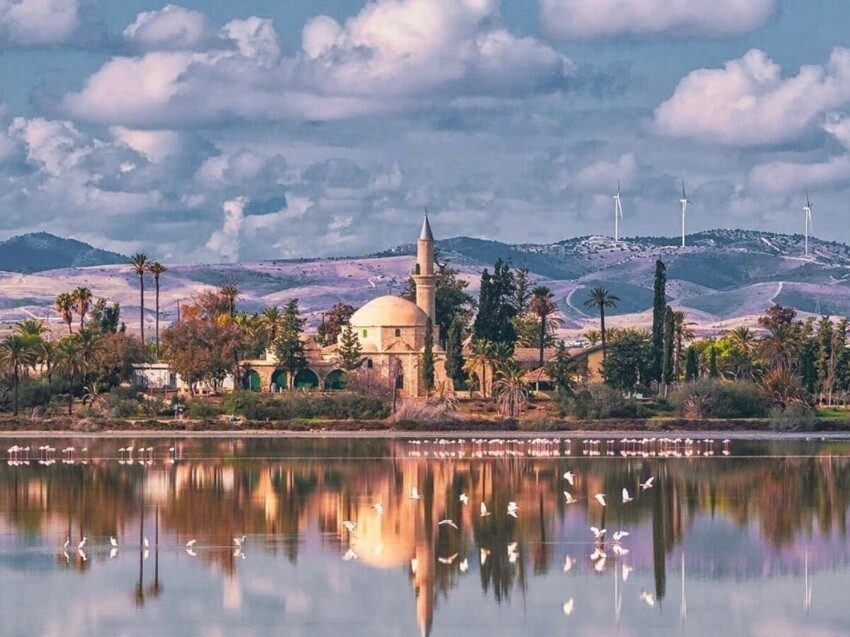
Hala Sultan Tekke Mosque in Larnaca
Interestingly, the theme of the temples over the graves in Larnaca is close not only to Christians, but also to Muslims. The story is the same here. unscrewed to the "beginning of the beginning", one might say.
Considered one of the most significant in the Islamic world a shrine, the Hala Sultan Tekke Mosque, is built over the sarcophagus where Muhammad's aunt is buried. Her name was Umm Harram and she died falling from a horse. Since she was traveling with a whole detachment and with the aim of converting local residents to Islam, then the memory of her was immortalized in the same way - the construction of a mosque.
It can also be noted that in Larnaca, indeed, a lot of sarcophagi, in the local archaeological museum you can look at very bright examples (literally bright - below in the photo, let's say, the main hit museum, a sarcophagus with preserved coloring). 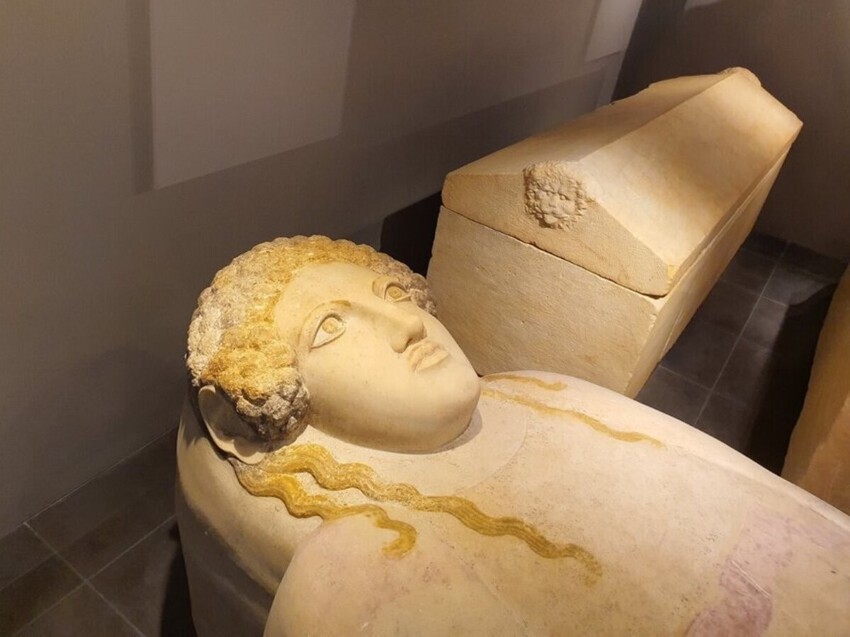
Colored sarcophagus at Larnaca Archaeological Museum
In general, we have a church built over a sarcophagus resurrected by Jesus Lazarus, a mosque built over a sarcophagus relatives of Muhammad, and just a lot of found sarcophagi - and the name of the city, given in honor of some sarcophagi.
It is worth noting that before becoming Larnaca (and also before Kition and Citium in the Roman period), this city was called Alykes, which means "salt lakes". Traces of this name are here, of course, also preserved. The fact is that Larnaca stands not only on the seashore, but also on the shore of a salt lake, which is now called the same as the city.
This is not even one lake, but four at once - one of them called Aliki, which, apparently, is logically translated as "salt lake", then is the same as Alykes, only in the singular. 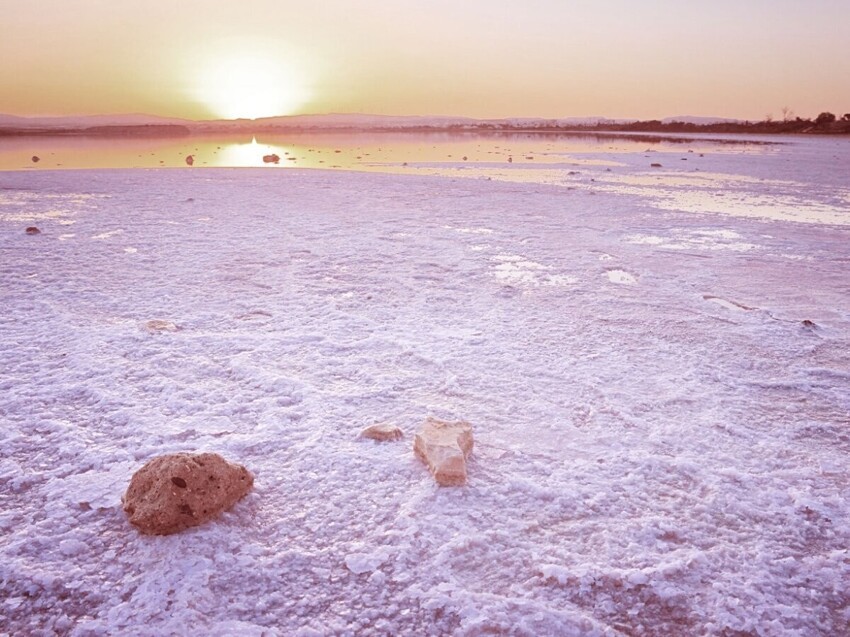
One of the salt lakes near the city of Larnaca
Salt mining at one time helped to revive the city. After a series of conquests, devastating invasions, etc. a port city, a former almost the main city of the island, fell into decay.
But from the end of the 12th century, local authorities began to actively mine salt and trade it, which again made the city prosperous - he even changed the name to Salina. By the way, this name is also in Larnaca remember well - this is how they called, for example, a park, a shopping center, hotels, etc.
